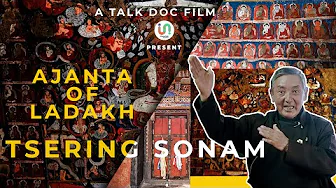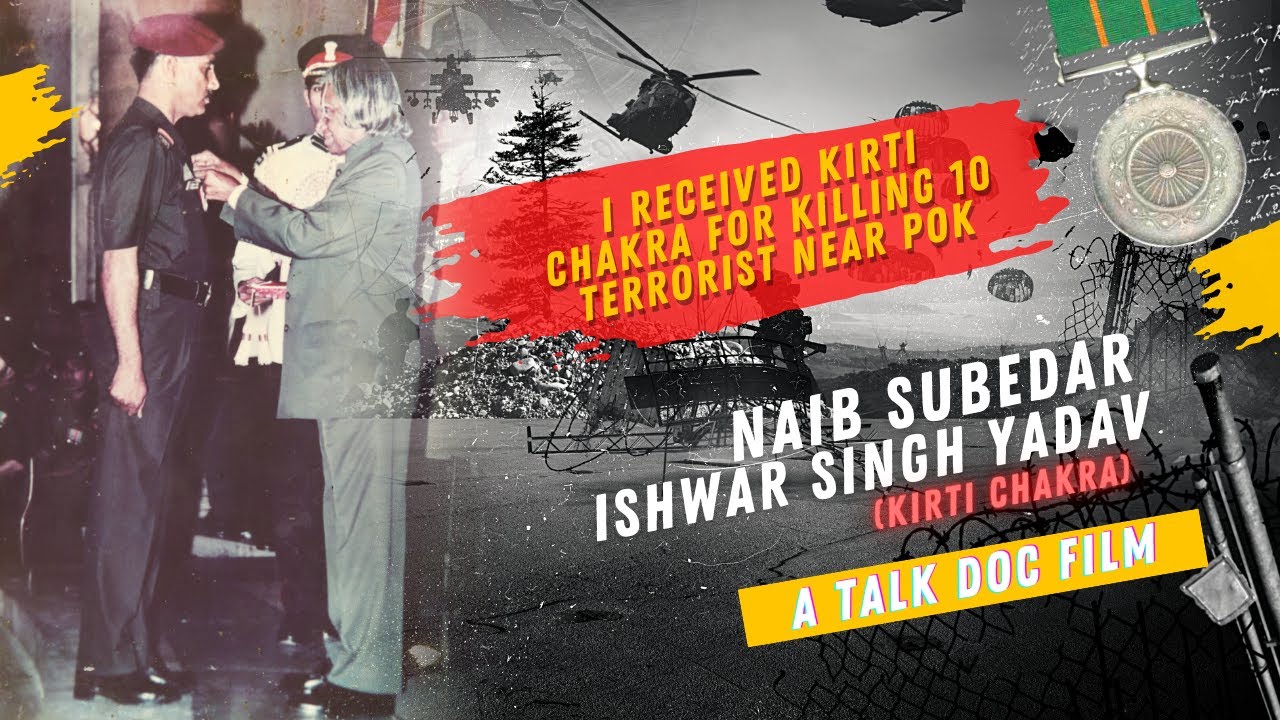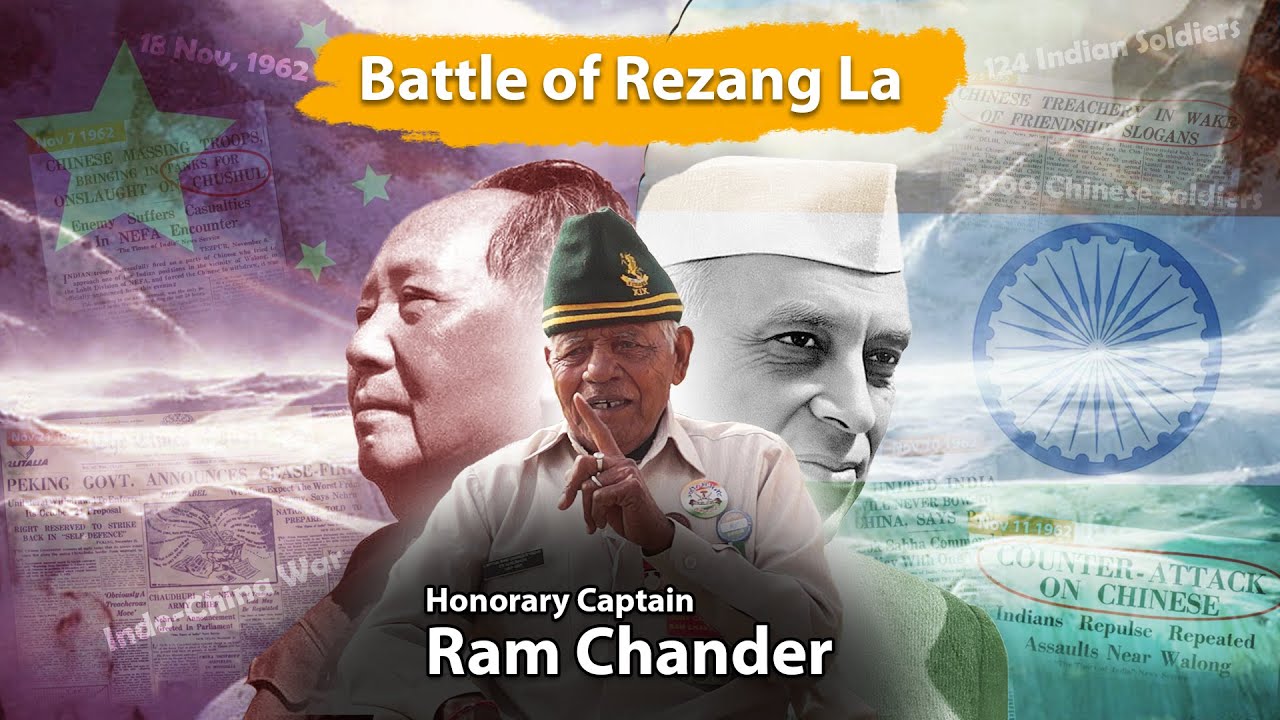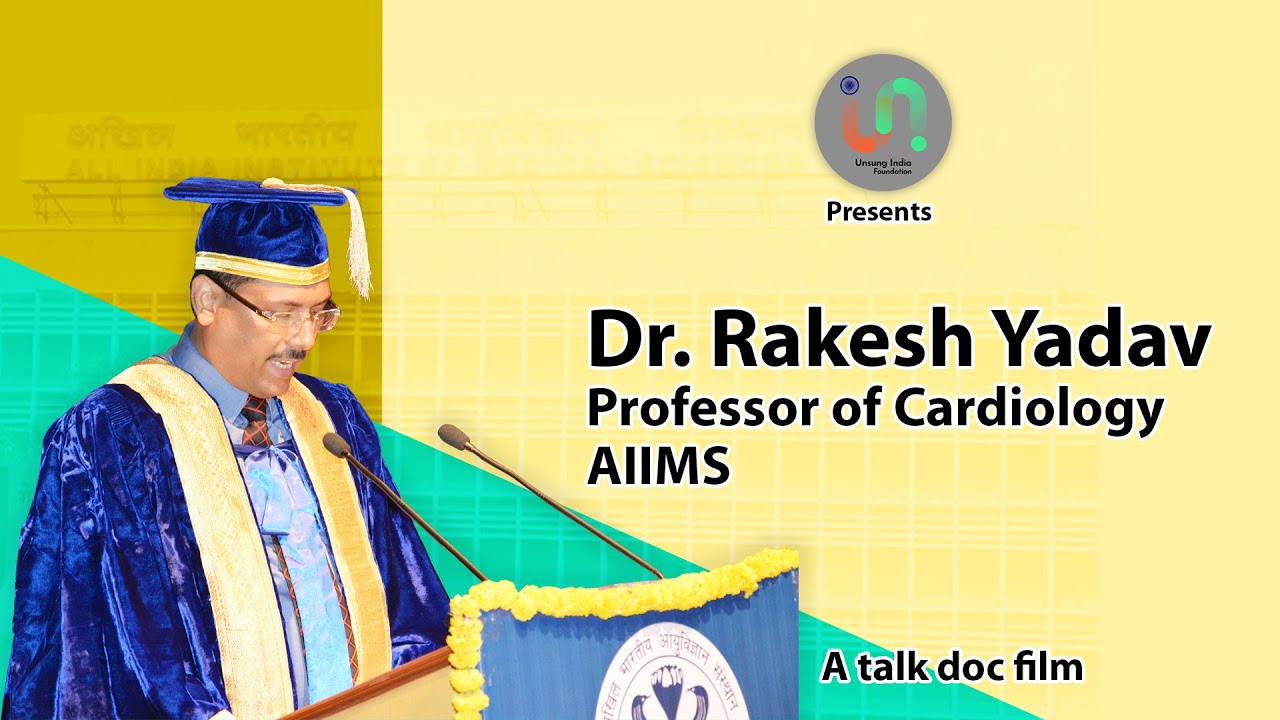We often dream our lives in a way that suits us best, however, sometimes destiny has other plans, and we have no control over it. Retired Honorary Capt., Ram Chandra's case, was similar; little did he know that a football match would lead him to a historic battle, "The Battle of Razang La."
Let us find out how a young boy from a small village could make his way to such an unforgettable war.
How did you join the Army?
When I told my family about my joining in Indian Army, everyone was okay with it, except my mother. She started crying. I told her.
"Maa, time heals everything! Although your tears can't change my decisions, I will miss you badly throughout my journey. So, please stop crying."
She held her tears, and I went to Ranikhet for my training. During my training, I was made to hold Gangajal/holy water and pledge to serve my motherland until my last breath.
When did you move to Razang La?After staying for 2 weeks in Leh, our platoon received the order to set out for Chushul at 9:30 am the following day. We were provided with sleeping bags and mattresses but no warm clothes. We had the same old pair of boots and uniform to tackle the bitter cold. The way to Chang La Pass was steep, making it difficult for the vehicles to move.
What was the strategy applied during the Battle of Razang La?
We were divided into 3 Platoons. Namely platoons 7, 8, and 9. The company quarter stood in the centre. Platoon 9 was set in the front
position, followed by the 7th and 8th. After a week, Major Shaitan Singh also joined the forward platoon.
When did China attack?
On the evening of 17th Nov, the OP informed us that Chinese troops were coming fully prepared for the war (14 vehicles had Chinese soldiers, 7 loaded with guns, and 2 tanks). The following day at 3:45 am, we heard 28 rounds burst from the 8th platoon, resonating the whole mountain. We were informed that the enemies initiated the attack, and in response, our soldiers killed 10-12 enemies, and the rest ran away; we rest assured that we have won the battle.
On the same day, at 7:30 am, we saw approx 700 mules, yak, and armed men coming from our backside. At first, we thought Alpha Company was coming to support us. However, we took a closer view with our binoculars and realised that they were not our friends but foes and were attacking our platoons.
How did Major Shaitan Singh get martyrdom?
Major Shaitan Singh's leg was severely injured during the bombardment. At that exact moment, one of our soldiers died in front of our eyes. Major Sahab tried to got up,
"Ram Chandra, I won't be at peace until I kill the bastard who has shot our soldier."
With his very first bullet, the Chinese Medium Machine Gun Man died. Major Sahab boosted us, shouting Keep fighting! The next moment a bullet from LMG (Light Machine Gun) hits his stomach, and Major Singh fainted for a minute. After regaining consciousness, he asked me to loosen his belt. On putting my hand near his belt, I found that his intestine was partially out of the stomach. Major Singh asked me to go and inform the headquarters about the company's martyrdom. I made him rest near a huge rock. In a few moments, he left the world. How did your Brigadier respond to it?
He grew suspicious and threatened that I might face court-martial for exaggerating the facts. On asking him why, he said, "how can only 124 Indian soldiers kill thousands of enemies" I replied, "sir, it only requires courage and velour, nothing else" But no one believed me. When did you go to Rezang La again?
In February 1963, we got approvals to collect corpses through the Red Cross. The team climbed up to the war zone with me. I showed them the corpse of Major Shaitan Singh and other soldiers. It was a mesmerizing moment. Every corpse was in the same posture that they were on the day of the war. Some had bombs in their hands, while others had burst on their chests.
Looking at those corpses, Brigadier Tapishwar Narayan Raina got extremely emotional. Colonel Hari Singh Dhingra said
"Sir stay strong; these were your brave soldiers, they might have gone forever now, but they didn't allow the enemy to snatch even an inch of our lands. They are immortal."
I showed him the corpse of Sepoy Dharampal Dahiya, who provided first aid to 17 Indian soldiers. He was still holding a morphine injection in his hand and a burst on his chest and his body rested like a true lion. Now he had no choice but to believe me.
Final Words
The Battle of Razang La is an extraordinary tale of bravery and heroism. The Charlie Company and its soldiers continue to be among the most honoured units in Indian military history. Hope you found it helpful and entertaining; for more such accounts, stay tuned.

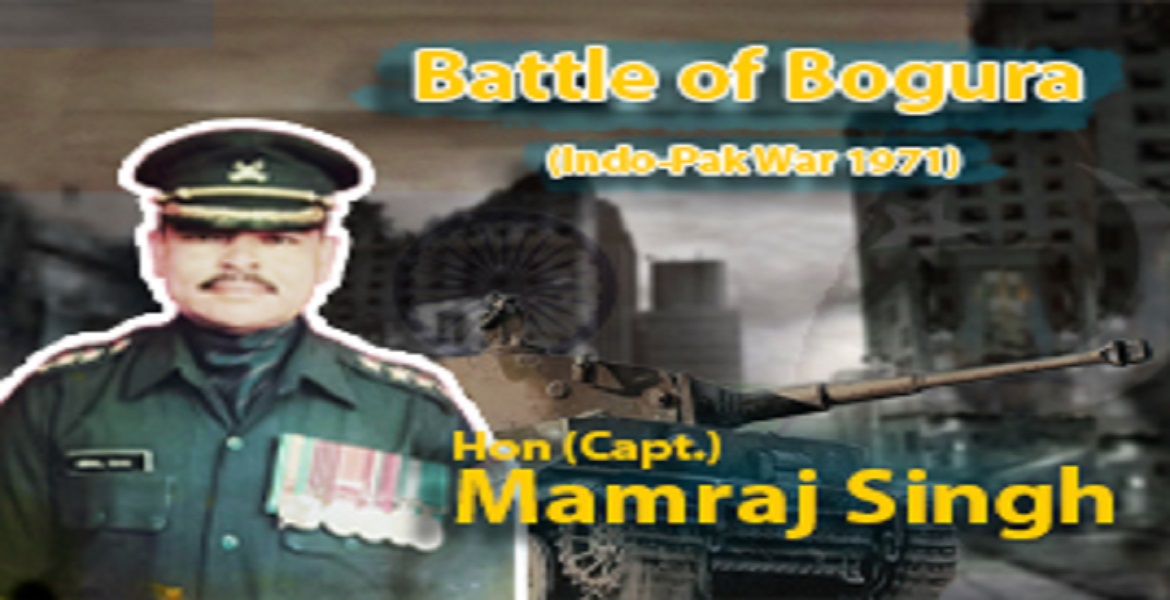

.jpg)


